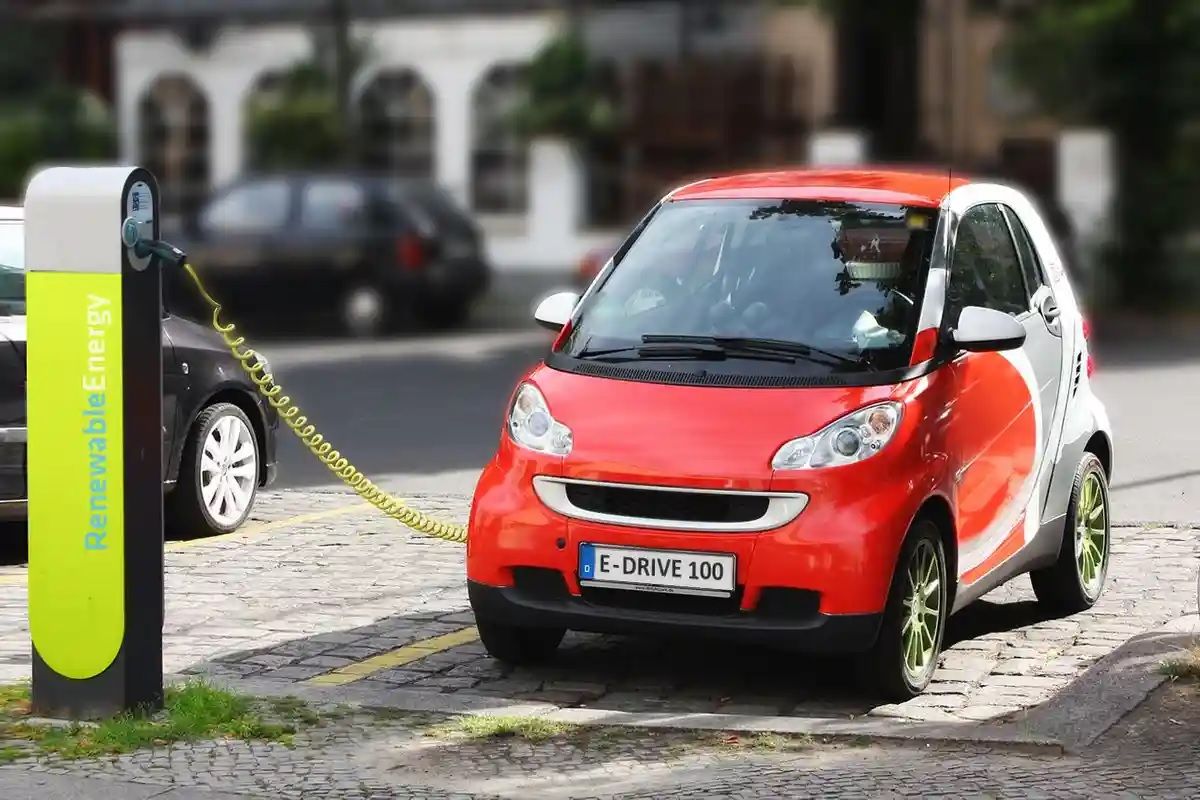The question of how much money electric cars save is addressed by a study conducted by the non-profit organization ICCT. The study compares the overall operating costs of models with gasoline and battery power in the subcompact and compact car segment.
Related topic: The best and worst cars on German roads
The conclusion drawn is that compact electric cars are already considered a more cost-effective alternative compared to models with gasoline engines. The study involved numerous tests.
How much money electric cars really save
When considering the overall costs of purchasing and operating a vehicle, factors such as:
- Subsidies;
- Taxes;
- Expenses for maintenance;
- Fuel play an equally important role as the cost of the car itself.
ICCT's analysis shows a clear cost advantage for electric variants.
The electric car market is developing rapidly. Compared to gasoline engines, electric propulsion in the compact and small car segment in Germany is becoming an economically viable option.
If the car is kept for at least four years, low operating costs and current subsidies offset the difference in the higher purchase price. The study compares the overall operating costs of two similar compact-class cars.
VW ID.3 Pro and the gasoline-powered VW Golf VIII Style 2 participated in the study. The cost savings for the electric model over four years amount to 5,100 euros.
- The total cost of the ID.3 is 49,900 euros;
- Compared to the Golf's total cost of 55,000 euros.
Taking into account the purchase premium for electric cars, the overall cost of the electric car drops to 42,700 euros, and the price advantage increases to 12,300 euros. It is important to note that these results are specific to the compact segment.
A different picture emerges when comparing subcompact cars. Just look at the total cost of the electric Dacia Spring Extreme Electric 65 with a battery and the gasoline-powered Toyota Aygo.
If you consider the purchase premium, the electric car becomes a more economical choice with a total cost of 26,900 euros, saving about 1,100 euros compared to the gasoline car. Against this backdrop, ICCT calls for an extension of the purchase bonus.
According to the company, this compensation currently serves as a crucial tool to improve competitive conditions for electric cars.
In case of funding cessation, the attractiveness of battery-powered cars will sharply decline.
Related topics:
In the subcompact car segment, the electric Dacia Spring Extreme Electric 65 is also found to be more economical, with a total cost of 26,900 euros, saving approximately 1,100 euros compared to the gasoline-powered Toyota Aygo. As the company ICCT suggests, the current purchase bonus serves as a crucial tool to enhance the competitiveness of electric cars, and its discontinuation could significantly impact the appeal of battery-powered vehicles.




